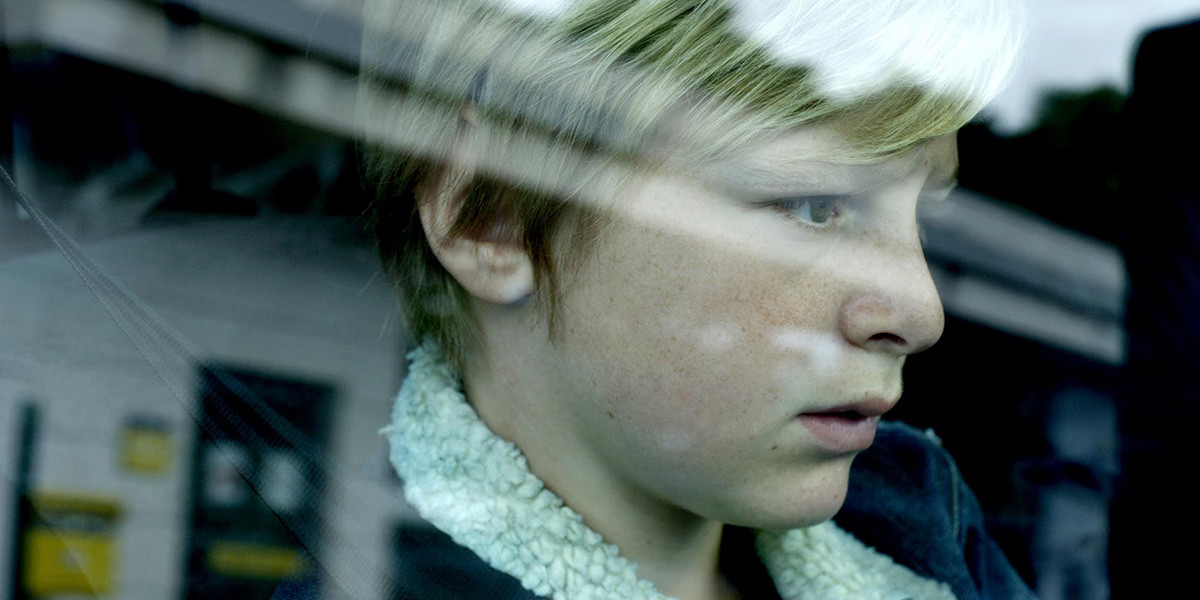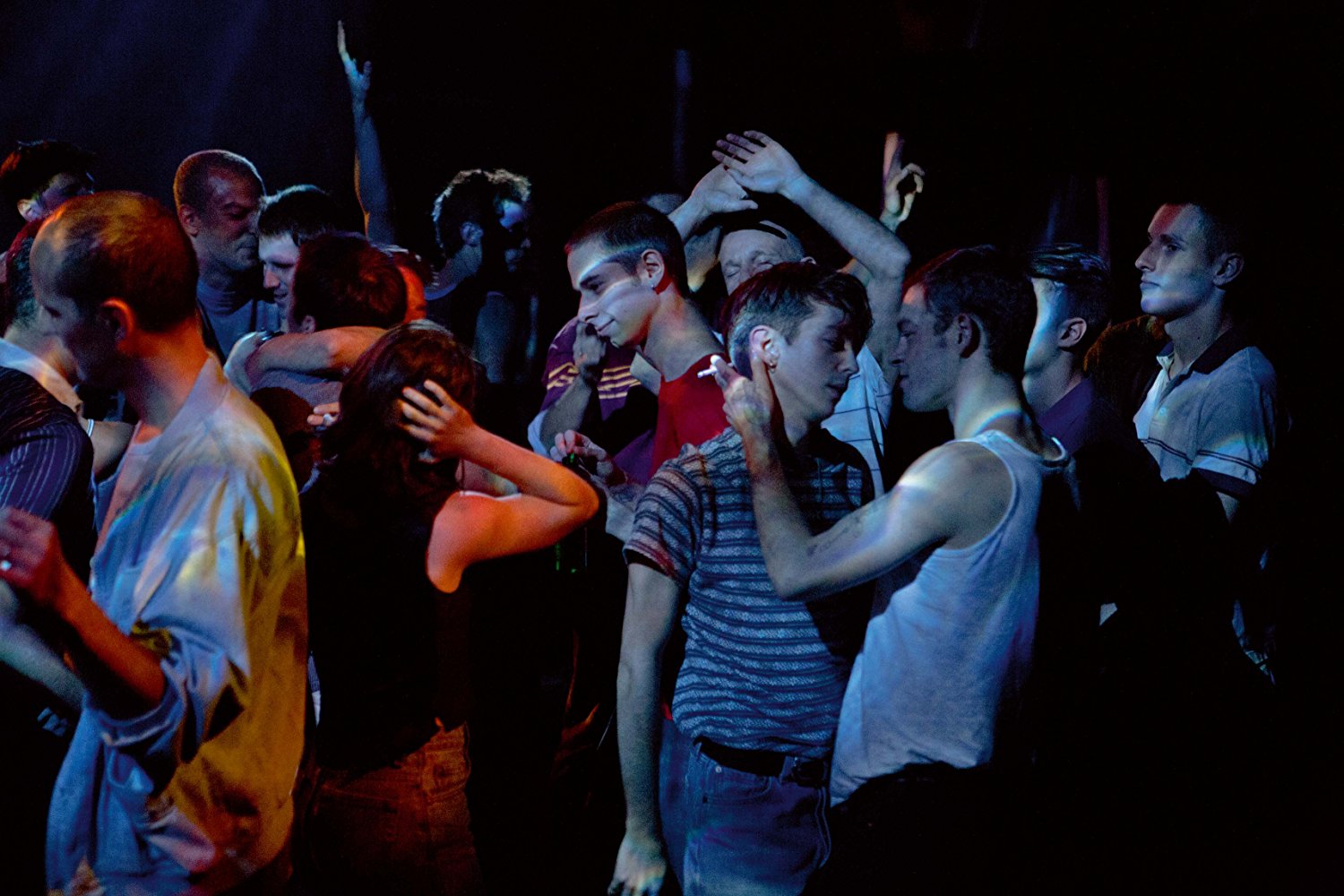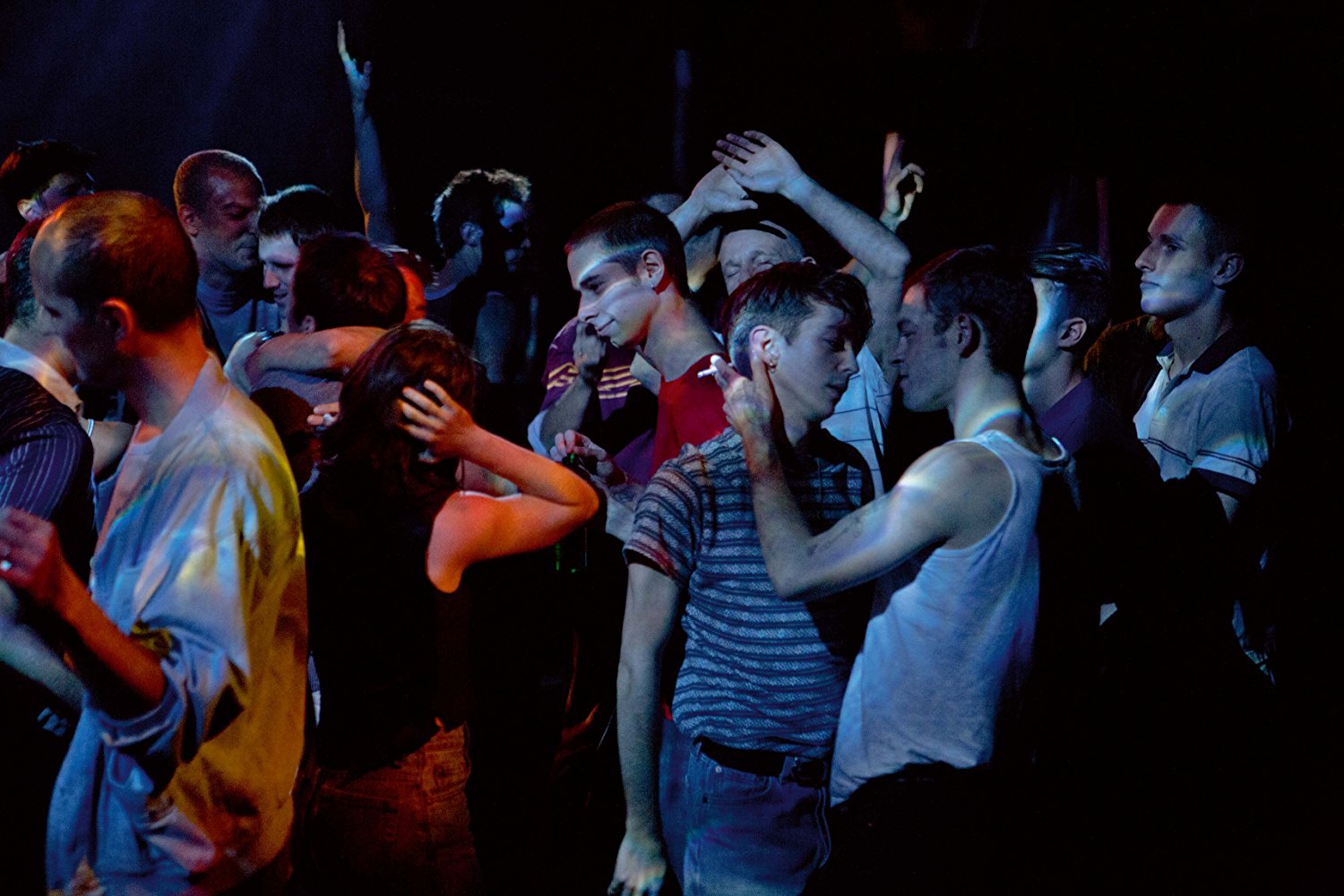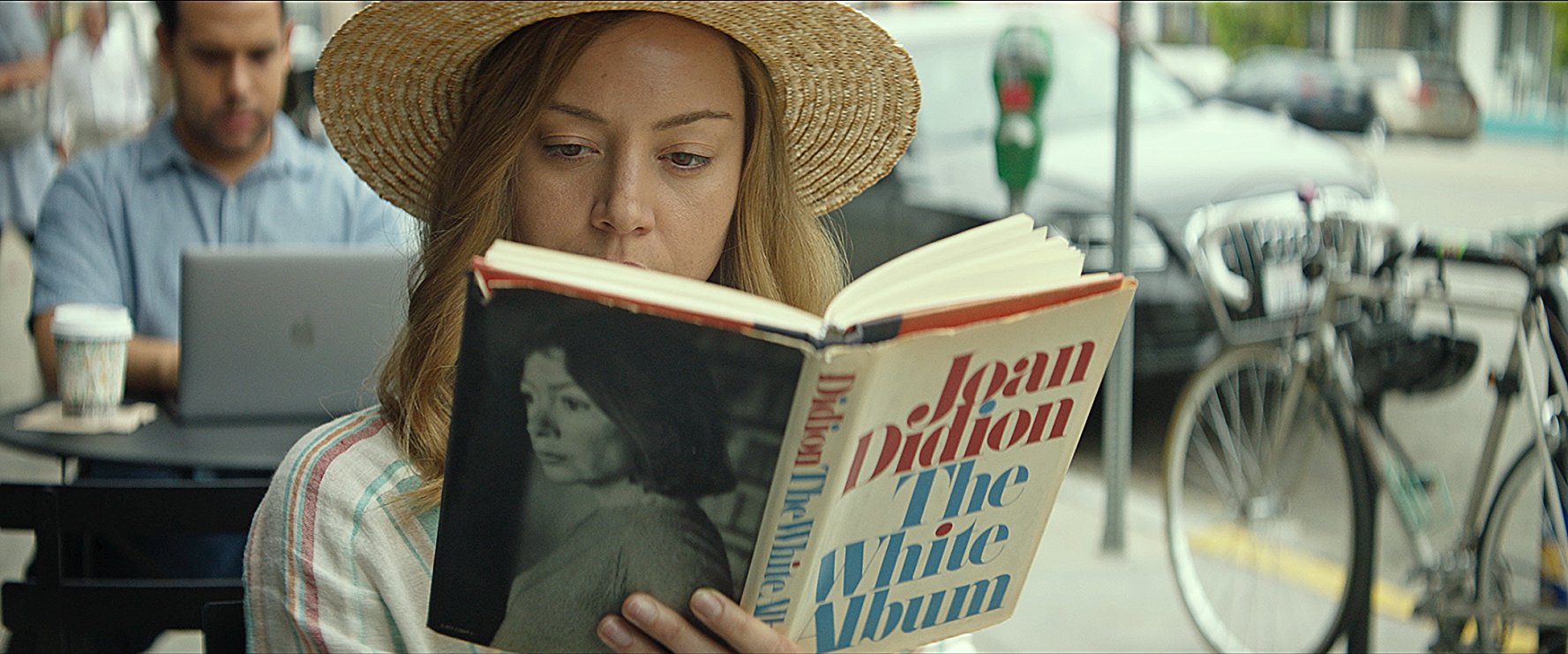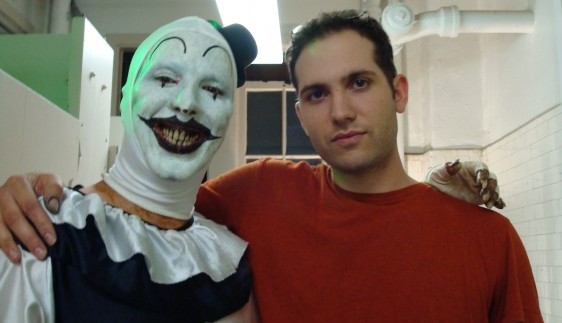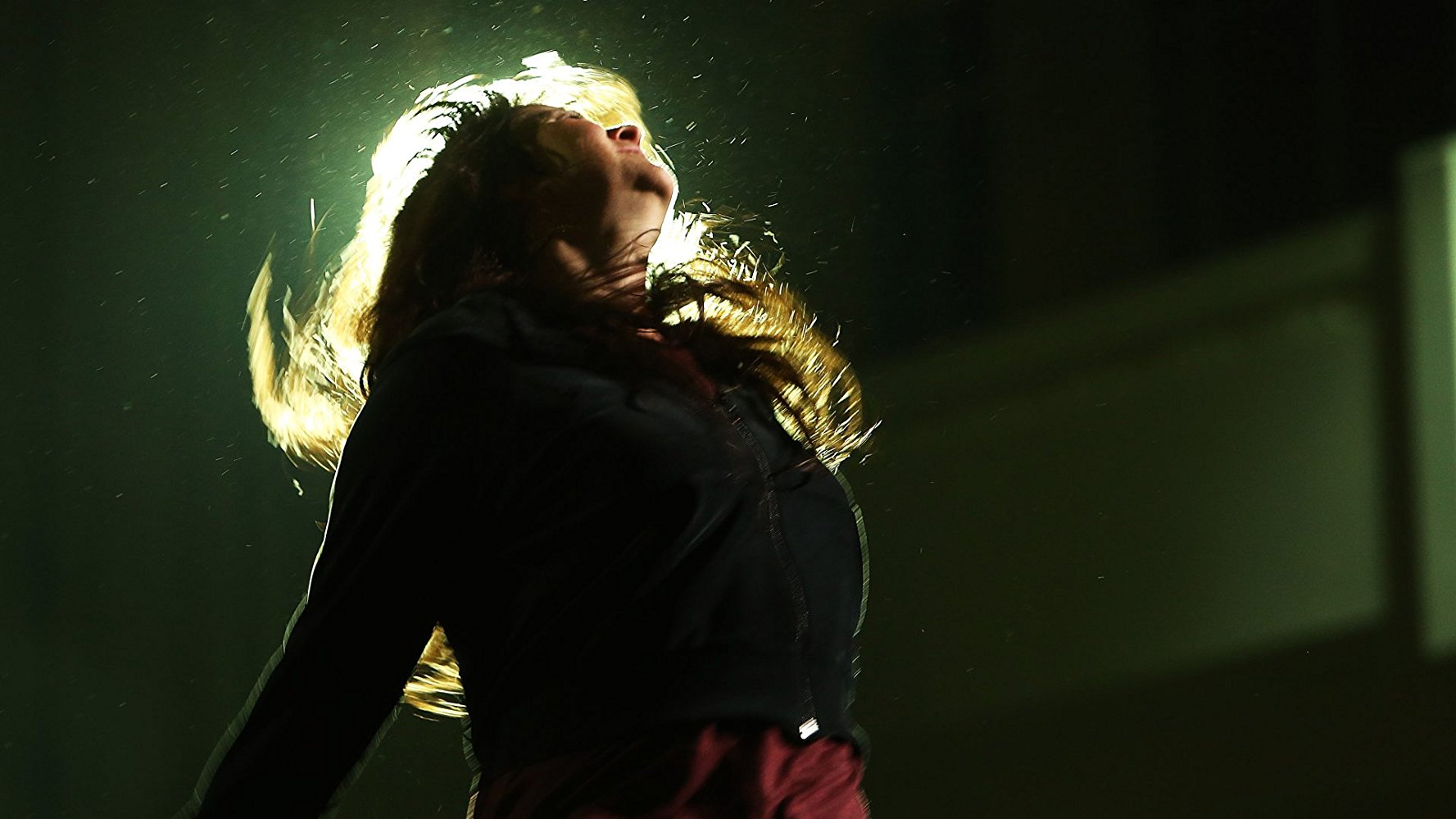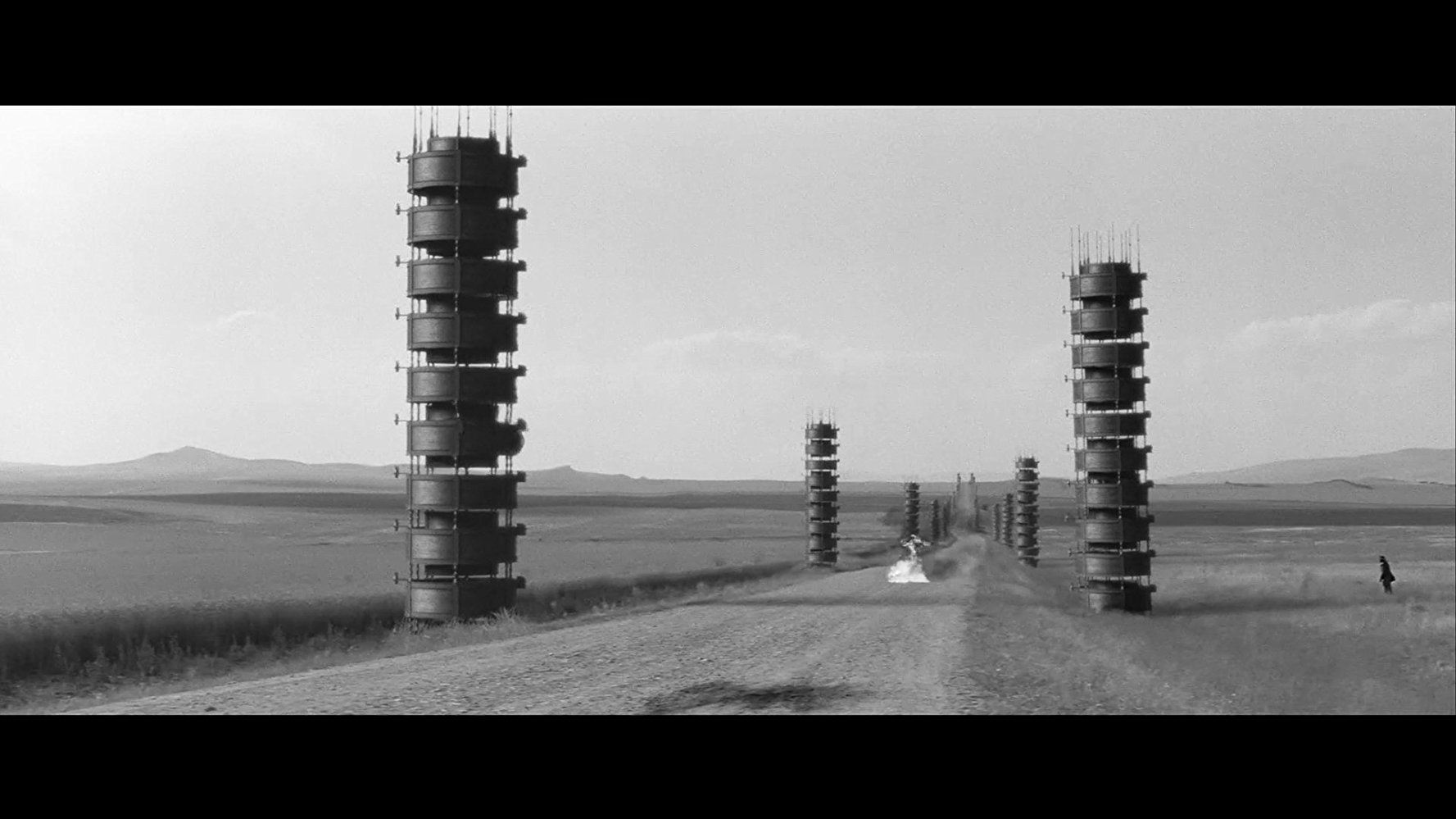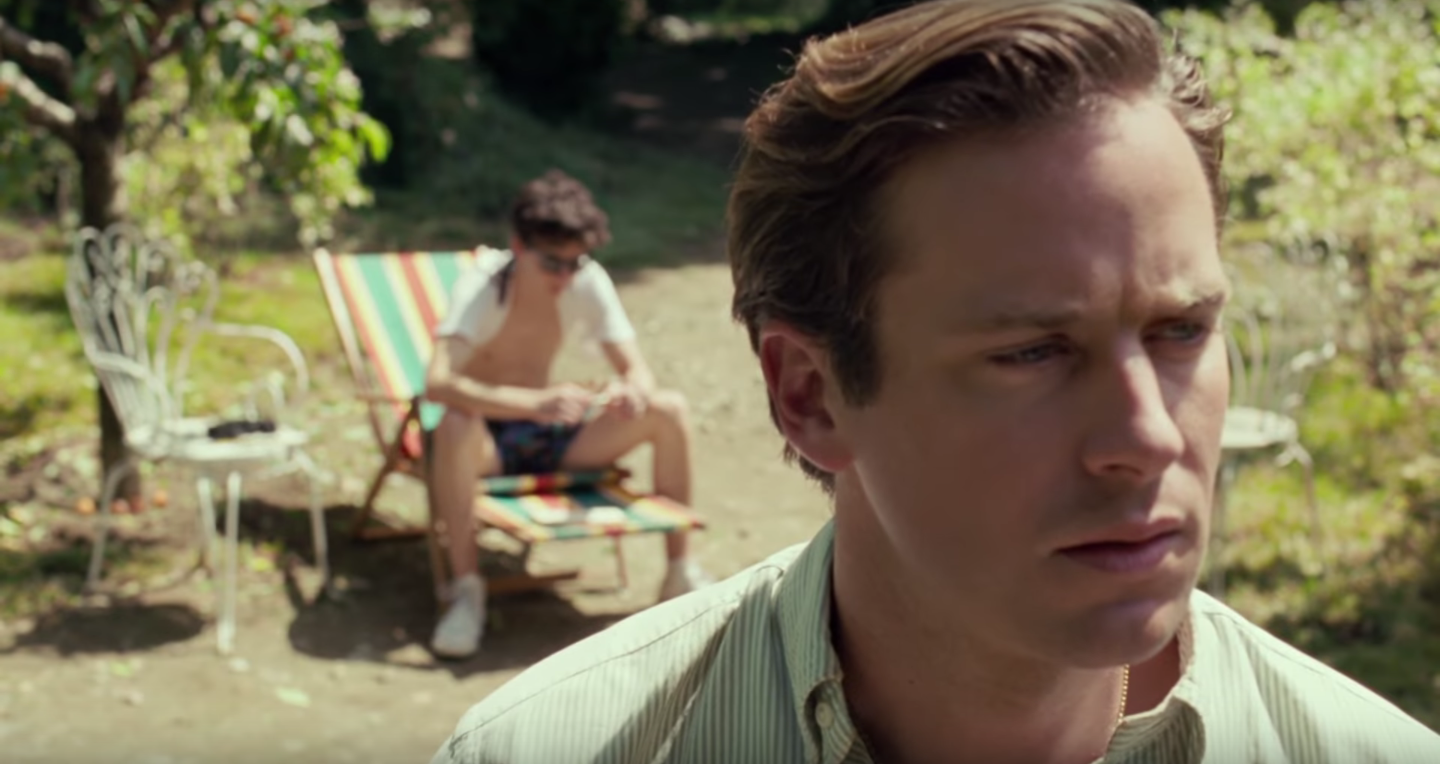Reviewed by Lee Hill The bitterness of separation, divorce and the all too common legal battles between former spouses has made for familiar terrain at the movies. Shoot the Moon, Kramer Vs. Kramer, The War of the Roses, Blue Valentine and Boyhood are a few titles that spring to mind and of course, television drama would be crippled without domestic strife as convenient narrative fodder. Given the countless variations on…
Read MoreLFF 2017: 120 BPM
120 BPM is a film you tend to admire rather than love. Robin Campillo’s film deals with the rise of Act Up in France in the late 80s and early 90s as the activist group tackled the complacency of government, medical and pharmaceutical establishments in dealing with the crisis. If the film veers towards being a polemic at times, it contains many scenes that remind one of the anguish and…
Read MoreBFI FLARE: Five Must See Films
With the 32nd Edition of the BFI LGBTQ Film Festival opening on the 21st March, what better time than to take a look at some of the most eagerly awaited films in this year’s programme, and shine a light on the films we are most looking forward to catch.
Read MoreFilm Review: Ingrid Goes West
Directed by new comer Matt Spicer, Ingrid Goes West is perhaps one of the most knowing film of its genre. This brilliantly put together and genuinely engaging dark comedy knows more about its subject than the average Hollywood blockbuster around, and does a fantastic job in reconciling some of us with the world of social media in the most honest way possible. Spicer and co-writer David Branson Smith offer an…
Read MoreFrightFest: Interview With Damien Leone
Ahead of the UK premiere of his latest film Terrifier at the Horror Channel Frightfest Halloween event on Sat 23 Oct, director Damien Leone talks about the ’Art’ of extreme clowning, his debt to Tom Savini and a terrifying Halloween experience. Art The Clown initially appeared in your 2008 short The 9th Circle, then the 2011 award-winning short Terrifier and in your first feature All Hallow’s Eve. What made you decide…
Read MoreLFF 2017: A Sort of Family
Malena (Barbara Lennie), a doctor from Buenos Aires, travels to a remote village to complete an illegal adoption arranged through the seemingly benevolent Dr. Costas. The adoption falls apart when the family of the biological parent asks for more money due to an accident affecting one of its chief wage earners. With the aid of a reluctant, but still supportive common law husband, Malena tries to meet this new demand,…
Read MoreLFF 2017: Let The Sunshine In
Let The Sunshine In is an unapologetic meditation on the philosophy of love; the kind of film that French filmmakers seem to be able to do in their sleep. Inspired by rather than adapted from Roland Barthes’ influential A Lover’s Discourse, the free-floating plot tracks the messy love life of Isabelle, an attractive, single artist in her forties, played with an effortless blend of intelligence and sensuality by Juliette Binoche.…
Read MoreLFF 2017: Nico 1988
In her 60s prime, Nico was the formidably beautiful Wagnerian queen of avant-garde rock, breaking not only the hearts of her fellow Velvet Underground bandmates, John Cale and Lou Reed, but inspiring Jackson Browne and Leonard Cohen to write some of their best songs. Alas by the 80s, she was barely a cult survivor – addicted to heroin, trying to reconnect with her son by Alain Delon and touring with…
Read MoreLFF 2017: Grain
In Grain, cinematographer Giles Nuttgens provides a stunning visualisation of director Kaplanoglu’s dystopian vision, using black and white film shot on three continents, blended seamlessly into bold, harsh landscapes which immediately suggest an odyssey. The City is also a composite of Detroit, industrial German (e.g. Essen), and Konya, Anatolia (This is a Turkish production). These are perfectly assembled into an urban version of a colony ship. The city is now…
Read MoreLFF 2017: Call Me By Your Name
Attempting to identify what makes certain films into instant classics is never easy, and no matter how hard one tries, it is near impossible to second-guess how people would react to a movie, especially in these days of instant social media gratification and throwaway commentary. In the case of Call Me By Your Name, it is frankly hard to see how anyone could possibly find fault with this genuinely stunning production.…
Read More